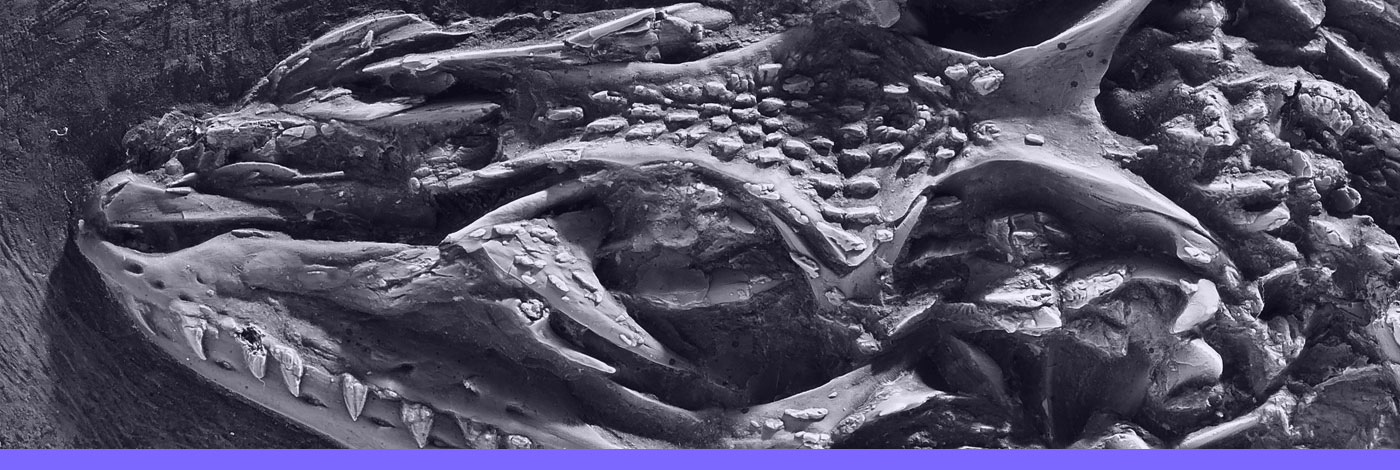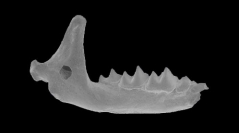

 Comptes Rendus Palevol
13 (3) - Pages 157-181
Comptes Rendus Palevol
13 (3) - Pages 157-181The Bavarian fissure filling Petersbuch 28 (Germany, Lower Miocene, MN 3/4) yielded a diverse assemblage of shrews. Soricella discrepans Doben-Florin, 1964 and Paenelimnoecus micromorphus (Doben-Florin, 1964) show bimodal size distributions in some dental elements, which is interpreted as the result of a small time averaging. Two upper incisor types of Miosorex desnoyersianus (Lartet, 1851) were found, also indicating two populations of slightly different times. Apart from these, the fissure yielded Heterosorex neumayrianus (Schlosser, 1887), the only heterosoricid present, Lartetium petersbuchense Ziegler, 1989, L. cf. prevostianum (Lartet, 1851) and Florinia stehlini (Doben-Florin, 1964). The shrews confirm that Petersbuch 28 represents a time period near the MN 3/MN 4 transition. Thus, it fills the gap between the classical localities of Wintershof-West and Petersbuch 2. The two species of Lartetium Ziegler, 1989 are possible immigrants.
Miocene, Soricidae, Taxonomy, Germany, Petersbuch